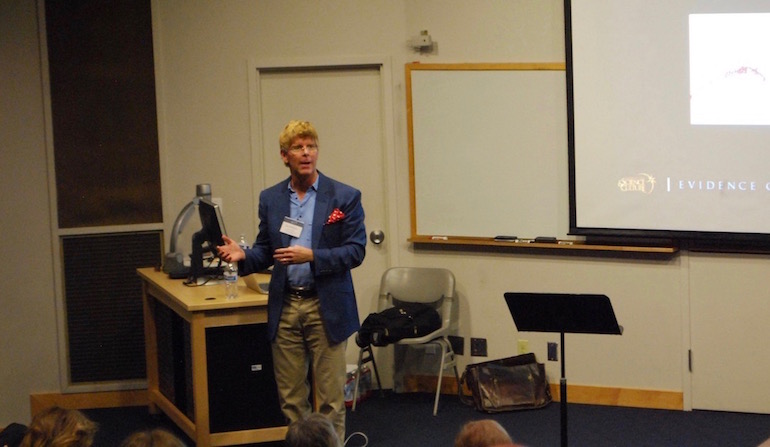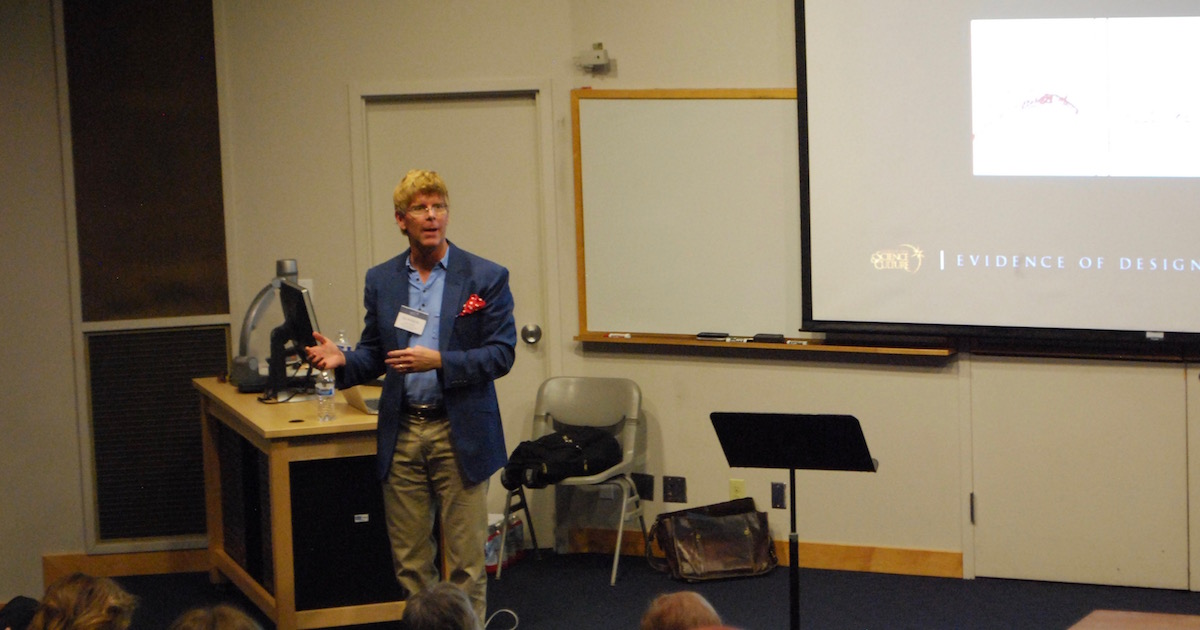 Free Speech
Free Speech
 Intelligent Design
Intelligent Design
Quiet Self-Censorship and the Academic “Consensus”


Here is a sneak preview: Very shortly we will be opening up nominations for Censor of the Year. You can get started now thinking about your favorite candidates.
Here’s the only problem — I mean, the only problem with nominating censors. When it comes to origins science, discrimination and intimidation indeed pervade academia. Yet most of the time, animosity towards proponents of intelligent design results in self-censorship. Professors and students keep quiet or comply with onerous restrictions in order to pursue their scientific careers. We understand why they do so. But this means that some of the worst censors are veiled, and cannot be named. Where their names are known to us, we can’t identify them because that would endanger the vulnerable scientists and scholars who are under their thumbs!
The phenomenon of self-censorship can get pretty extreme. We know a tenured science professor who in giving presentations in a private setting needs to begin his talks with a peculiar slide — a disclaimer that he does not speak on behalf of his university. He must include it, even though, again, he is speaking at a private event.
Or just take a look at our pictures on Evolution News of the Summer Seminars on Intelligent Design. You may see the very tops of students’ heads, no more. Not their faces, not an inch of their profile. Those we carefully crop out. This is to keep participants’ identities a secret. It’s so their career prospects will not be harmed by an association with intelligent design.
It goes further than this. We ask all students to refrain from posting pictures on their personal social media accounts of themselves with other students. Imagine such precautions being necessary at a seminar discussing materialistic evolution. No, people would publicly celebrate their participation, talk about it with colleagues, on Facebook, etc.
As we’ve said here before many times, this is how the illusion of an academic “consensus” against ID is maintained.
Photo: Jay Richards, author of The Privileged Planet, speaks to Summer Seminar students. Notice the carefully cropped tops of heads.
